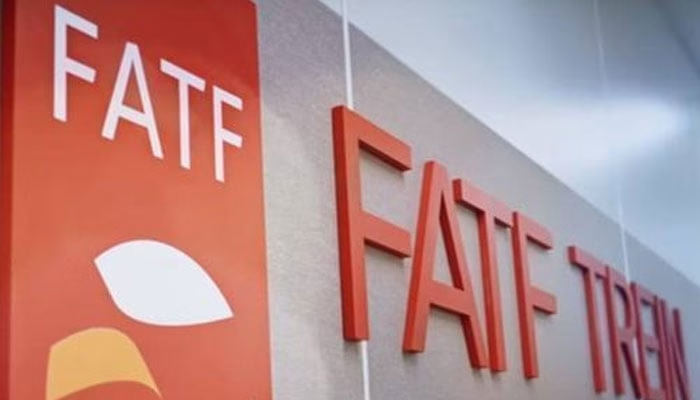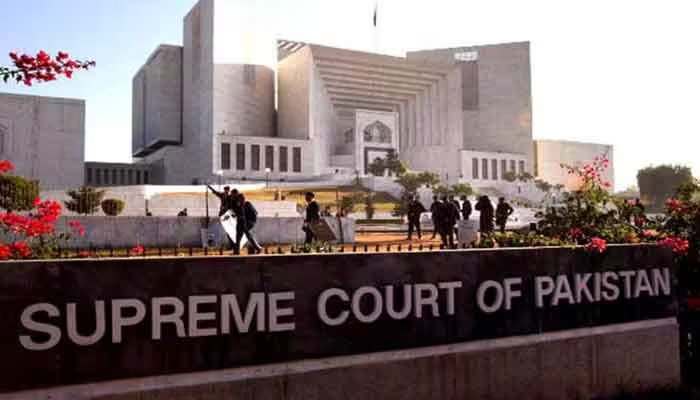In a major diplomatic setback for India, efforts to re-list Pakistan on the Financial Action Task Force (FATF) grey list have failed. Sources close to the development revealed that India’s delegation made significant attempts during the latest FATF plenary session to bring Pakistan under renewed scrutiny, citing concerns related to money laundering and terror financing. However, Pakistan received strong diplomatic backing from several key FATF members, thwarting India’s campaign.
According to insiders, China played a critical role in defending Pakistan’s progress during the FATF deliberations. The Chinese delegation took a clear and consistent stance in Pakistan’s favor, emphasizing the country’s improved compliance with FATF’s recommendations. In addition to China’s support, Pakistan was also strongly backed by Turkey and Japan — two influential voices in the organization — further cementing Islamabad’s position on the global financial monitoring stage.
This latest diplomatic win adds to Pakistan’s earlier success in October 2022, when it was officially removed from the FATF grey list after four years. Pakistan had initially been placed on the grey list in 2018 due to concerns over inadequate systems to combat money laundering and terror financing. Since then, Islamabad has undertaken sweeping reforms, aligning its financial regulatory framework with international standards and fulfilling the majority of the FATF’s 34-point action plan.
FATF, the global watchdog for illicit financial activities, consists of 37 members, including 25 countries such as the United States, United Kingdom, China, India, and Turkey. Other important entities include the Gulf Cooperation Council and the European Commission. Its primary mandate is to develop policies to combat money laundering and terror financing, holding countries accountable through monitoring, evaluation, and when necessary, sanctions such as grey-listing or black-listing.
India’s failed attempt to put Pakistan back on the grey list reflects the growing influence of Pakistan’s diplomatic alliances, particularly with China and Turkey, who are increasingly countering India’s narratives at international forums. Japan’s support further signals a shift, indicating that several major economies now recognize and respect the progress Pakistan has made in the fight against illicit financial flows.
This development is also being seen as a diplomatic boost for Pakistan on the global stage. It comes at a time when the country is actively seeking foreign investment and economic partnerships to stabilize its economy. Being off the FATF grey list enhances Pakistan’s international credibility, making it easier to access global financial markets, attract investors, and negotiate favorable economic deals.
On the contrary, the setback has raised questions about India’s approach at international forums. While New Delhi has often leveraged its diplomatic channels to isolate Pakistan globally on terrorism-related issues, the growing support for Islamabad from influential global players may force a reevaluation of this strategy.
Pakistan’s removal from the FATF grey list in 2022 was not merely symbolic. It followed months of rigorous inspections and compliance checks. FATF’s own review acknowledged that Pakistan had significantly strengthened its legal and institutional framework to counter financial crimes. Key measures included the prosecution of high-risk individuals, tighter regulations for non-profit organizations, improved monitoring of banking activities, and stricter controls on financial transactions suspected of being linked to terrorism.
With this recent endorsement at the FATF, Pakistan is now better positioned to continue building its international partnerships, strengthen its economy, and further consolidate its anti-terror financing framework. At the same time, this outcome highlights the importance of multilateral diplomacy and coalition-building in navigating global governance structures.
The development has sparked discussions among analysts and policy experts about shifting power dynamics within international organizations like FATF. While the West continues to hold significant sway, the emergence of blocs supporting developing countries — especially in Asia — is becoming increasingly prominent.
As Pakistan continues its journey towards financial transparency and security, the failure of India’s diplomatic push at FATF sends a clear message: international decisions in today’s world are no longer dominated by a few, and alliances rooted in mutual interest, cooperation, and progress carry significant weight.
This diplomatic win at FATF not only strengthens Pakistan’s global standing but also offers a case study in effective international diplomacy — where sustained reform, strategic alliances, and credible progress speak louder than political agendas.



